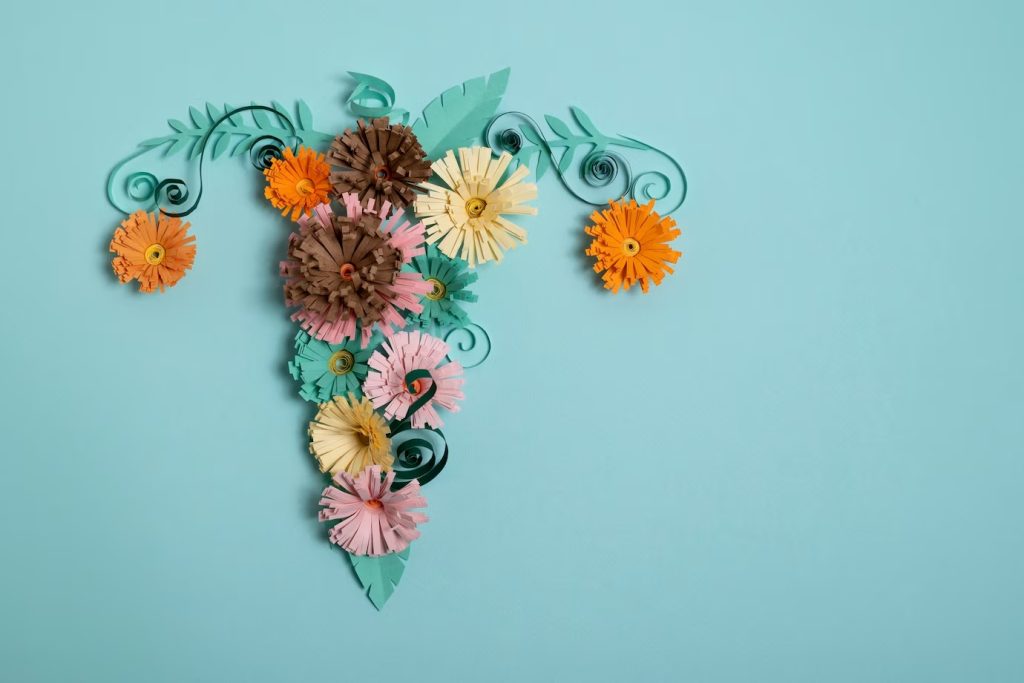Women's Health Tech Wednesday 11/9/22
November 9, 2022
On November 9th, we were fortunate to host Marissa Fayer, of HERHealthQ, for our Women’s Health Tech Wednesday. Here is a glimpse of the conversation:
What is your background?
I have been in the medical device field for several years now, and have always had a passion for women and STEM, and before women’s health was a trend, I was working on it early in my career. I was a part of several projects, one of which where I traveled to Costa Rica for work, and saw these women were having many issues with dependency of tools and mechanics. Specifically in relation to women dying of breast cancer, and it was because of a lack of mammogram machines, so we donated mammogram machines. Thus, out came this idea of sharing extra tools to places like these that primarily need it, and the idea stuck in my mind. The design of this corporation was to get the equipment where it needs to go, create sustainability, help girls stay in school, to assist with medical equipment to diagnose, prevent and treat these patients in different regions, etc. and overall has since then, been doing so.

What is your ultimate goal when it comes to this work you are doing?
Our long term goal is equity and equality. Actually, the “Q” in our company name stands for equipment for equity. Our short term goal is to affect 1 million women by the end of 2025, and we are on track to exceed that, so we are really excited. However, in order to achieve our long term goal, we need to maintain this equity and equality, because without equity, you cannot have equality.
What are some areas of women’s health that are overlooked and need more attention?
Heart disease, and cardiac issues, are primary. Women do not express these effects the same way as men, we do not clench our chest like you see in the movies most of the time. For women, it can start as abdomen pain and other signals of cardiac issues. Hence, we need to advocate about this silent killer that is less often brought attention to. Secondly, diabetes, is on the rise because it is no longer a “wealthy country problem” but is beyond that now, and yet again, another important issues that is overlooked. Lastly, maternal health is always an issue and there are still issues globally around the world where there is not enough care and attention being given towards this topic. We can see it in our own country, where maternal mortality rates are increasing. So these are the three really big areas that need to be focused on and studied
What are some next steps we need to take to promote global health as a population?
We need to talk about women’s health so that innovation can happen in relation to it. My mother didn’t talk about menopause growing up, but now we do talk about it more and more, and people are learning about this topic, and this can be the same for every condition. There shouldn’t be this stigma around these topics, and we need to talk about different details from, dosage difference between women and men, and inclusion of women in the design cycle, or including women in management and on boards. By sharing so much more information about advocacy and fighting for access and attention for care, we can improve the industry and help so many women.
What are some words of wisdom you have?
If you see a gap or market that is not being served, then create, find, or help produce a solution.
We would like to extend gratitude to Marissa Fayer for her insight and time. To check out the video of the full interview, click here.






